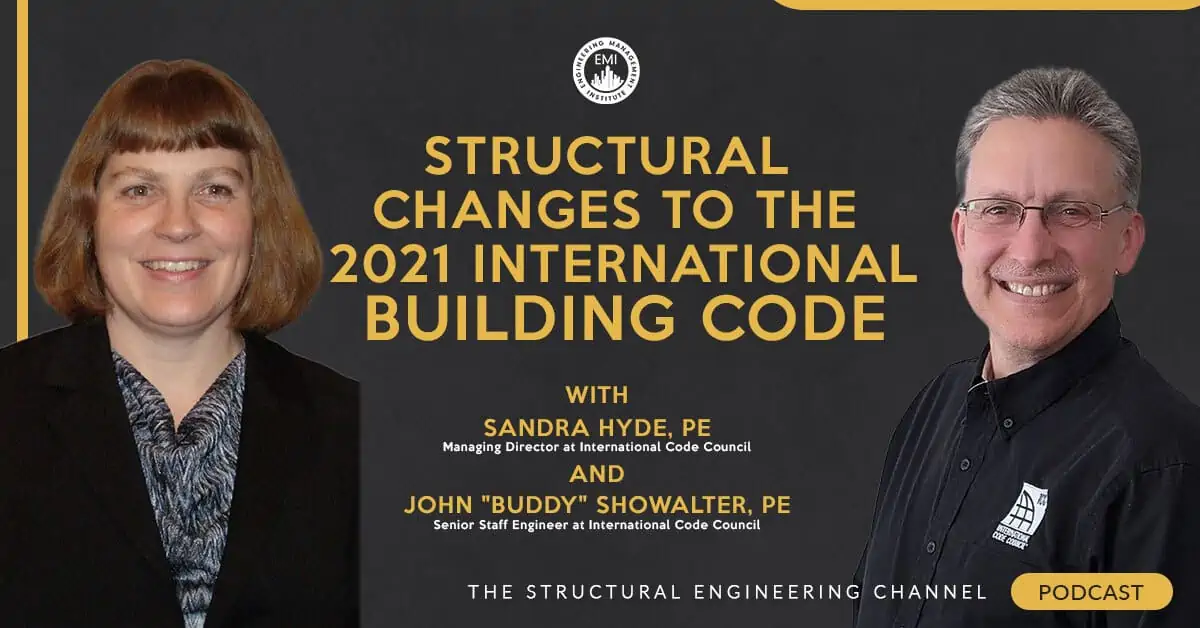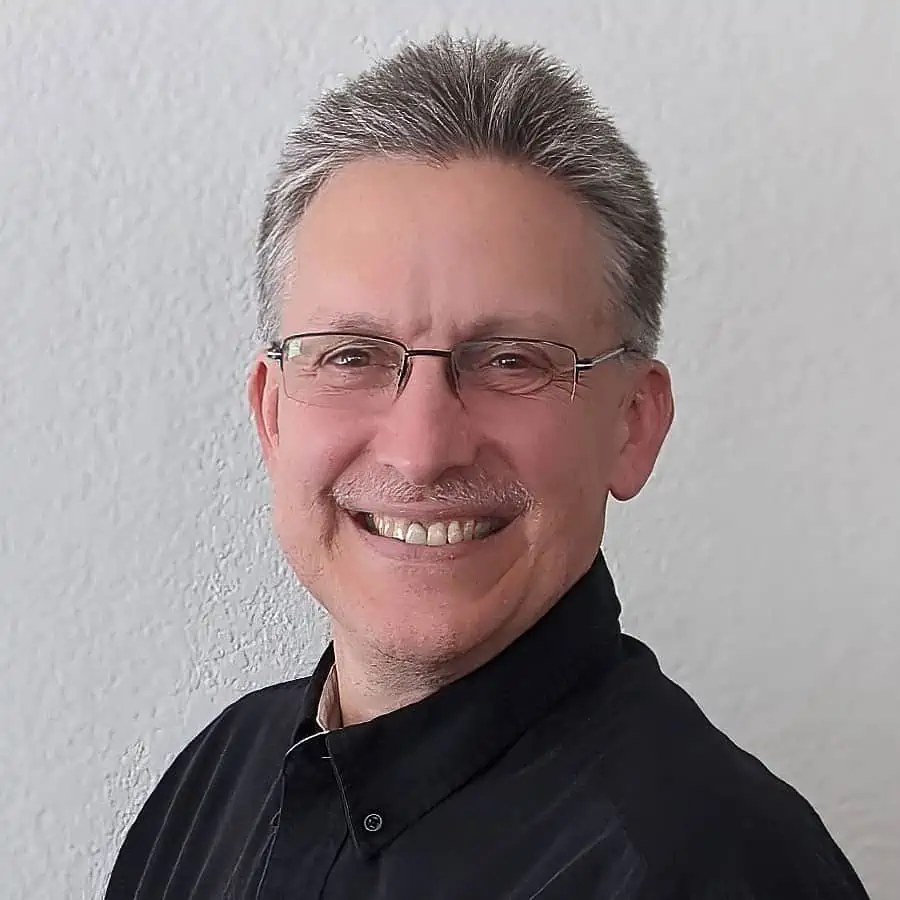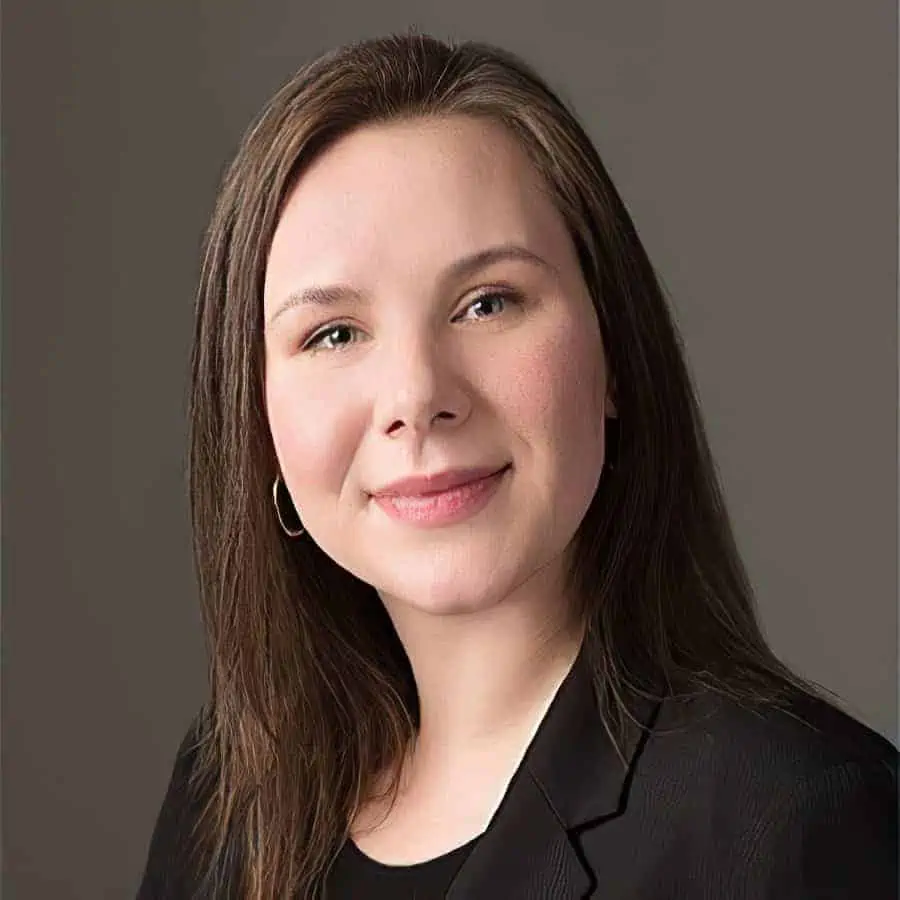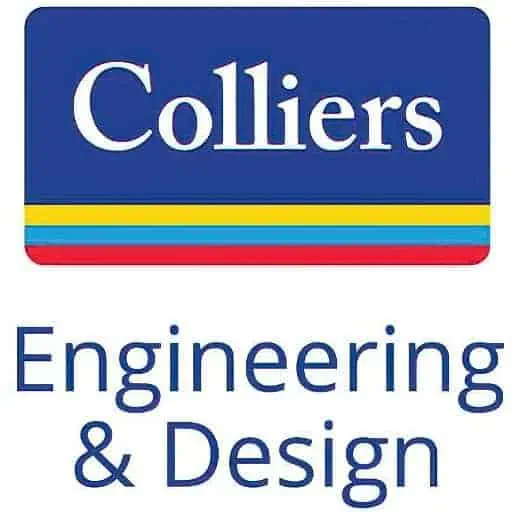Podcast: Play in new window | Download | Embed

Engineering Quotes:
Here Are Some of the Questions We Ask Sandra and Buddy:
- What is mass timber and how tall can a mass timber building be built?
- What are the main fire safety requirements for this type of construction?
- Can you describe the research that went into the development of these new code provisions?
- What are some of the significant load changes to the 2021 IBC?
- What are the changes to structural observation and special inspection, and how will these changes affect structural engineers?
- How do mass timber buildings compare to concrete and steel buildings?
- What are the changes to concrete, steel, masonry, and wood requirements?
- Do you have any final advice for young engineers starting in their careers?
Here Are Some of the Key Points Discussed About the 2021 International Building Code:
- Mass timber buildings are the older buildings that have large and heavy timber members inside them. Mass timber buildings are some of the first building types to be in the building codes. Engineered wood products are making it easier to build larger and taller mass timber products. The 2021 IBC now has provisions for three new types of construction that can be built taller and have larger areas
- The main fire safety requirements for mass timber construction are passive and active protection. Active protection involves things like installing NFPA 13 sprinkler systems in mass timber buildings that are taller and larger than the existing timber buildings. Passive protection comes in the form of fire-rated gypsum that protects large portions of the mass timber elements.
- There are not many 2021 IBC significant load changes. The wind zones must be included in the plans. Hotels with a connected conference center are rated as risk category two, but if the conference center is bigger than the hotel, it will be rated as risk category three. The snow maps are becoming like ASCE 7-16 snow maps.
- All risk category three and four buildings now require structural observation. Mass timber now has some special inspections because it is new in construction. There are minor changes to the fire stop and concrete inspections. If problems occur with deep foundation construction, a geotechnical engineer must be brought in to evaluate the situation.
- Committees and associations propose code changes, which are followed by a series of hearings. The membership of the ICC then has a final vote on the proposed changes that have gone through the entire process. The new codes are then published in a three-year cycle.
- All building material types have their place in various building applications. They have similarities in the sense that the fire protection requirements are comparable. The height and area limits are different for each building material. Mass timber costs less because the construction time, weight, foundations, materials, and the required labor are all greatly reduced. Wood sequesters carbon, which leaves a good environmental message for wood products.
- Concrete and steel tolerances are now directly referenced in the code. Cast-in-place concrete is referenced to ACI 117. Precast concrete is referenced to ITG-7-09. Steel is referenced to AISC 358. Wood special design provisions are being updated about the 2021 code.
- Engineers must get out onto the job site and see how the design is implemented in the field, the inspections being done, and the issues arising, because it is a valuable part of your growth. You will become a better engineer by knowing how to practically design things that can be easily implemented in the field.
- Engineers must not be afraid to try new things at work and in their personal time. The more you try new things, the quicker you will find what you enjoy the most.
More Details in This Episode…
About the Guests:
 Sandra Hyde, P.E.
Sandra Hyde, P.E.
Sandra Hyde, P.E., is Managing Director of Product Development for the International Code Council (ICC) Product Development Group, where she develops books and seminars about the structural provisions of the International Building Code (IBC), International Residential Code (IRC), International Existing Building Code (IEBC), and structural topics. She authored the Special Inspection Manual, coauthored multiple editions of the Significant Changes to the IRC and Significant Changes to the IBC, and created seminars for each of these books as well as other structural topics. She has experience in manufacturing and researching engineered wood products with Weyerhaeuser. Sandra is a registered civil engineer in Idaho and California and a member of local and national engineering associations, including the Earthquake Engineering Research Institute (EERI).
Buddy Showalter, P.E.

A graduate of Virginia Tech, Buddy has also been a member of the editorial board for STRUCTURE magazine for more than 15 years. Before joining ICC, Buddy spent 26 years with AWC, where he led its technology transfer program with oversight responsibility for publications, website, help desk, education, and other technical media. He has more than 35 years of experience in the development and support of building codes and standards, publishing more than 60 technical articles for industry-related trade journals.
About the Hosts
 Mathew Picardal, P.E.
Mathew Picardal, P.E.
Mathew is a licensed engineer, practicing on structural projects in California, with an undergraduate degree from Cal Poly Pomona and an M.S. in Structural Engineering from UC San Diego. He has designed and managed various types of building structures, including residential wood apartment buildings, commercial steel buildings, and concrete parking structures and towers. He also hosts the new YouTube channel “Structural Engineering Life,” through which he promotes the structural engineering profession to engineering students who are not familiar with the industry perspective.
Cara Green, P.E.

Sources/References:
International Code Council (ICC)
2021 IBC Significant Structural Changes
NFPA 13 Standard for the Installation of Sprinkler Systems
ASCE/SEI 7-16 – Minimum Design Loads and Associated Criteria for Buildings and Other Structures
ACI CODE-318-19: Building Code Requirements for Structural Concrete and Commentary
ACI 117 Specification for Tolerances for Concrete Construction And Materials
ITG-7-09 Specification for Tolerances for Precast Concrete
AISC 358 Qualified Connections
Connect with Sandra Hyde, P.E., on LinkedIn
Connect with Buddy Showalter, P.E., on LinkedIn
This Episode Is Brought to You by Colliers Engineering & Design

Please leave your comments or questions in the section below on the Structural Changes to the 2021 International Building Code.
To your success,
Mathew Picardal, P.E. & Cara Green, P.E.
Hosts of The Structural Engineering Podcast









